Top 10 Strong and Underappreciated monarchs and nations
"Hidden Thrones: Unveiling the Powerhouses"

10) Manuel I Komnenos - Byzantine Empire:
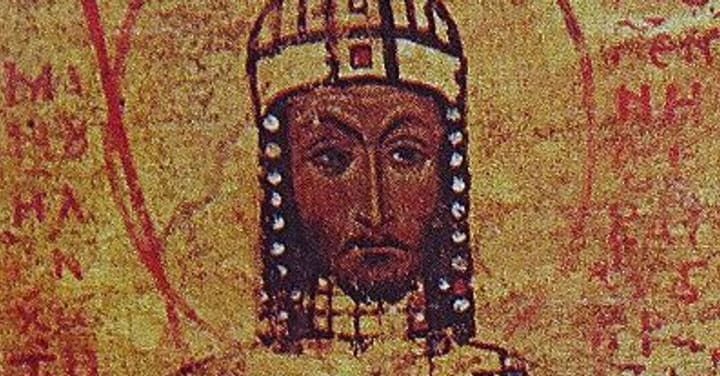
Manuel I Komnenos, the Byzantine Emperor from 1143 to 1180, is often overshadowed by more renowned rulers of the Byzantine Empire, but his reign was marked by unknown greatness. Manuel was a brilliant military strategist and tactician, leading his armies to numerous victories against formidable enemies. He successfully defended the empire against the Normans and even thwarted the Second Crusade, showcasing his prowess on the battlefield.
Furthermore, Manuel I Komnenos was a visionary ruler who fostered cultural and intellectual growth within the Byzantine Empire. He actively promoted art, literature, and education, attracting scholars from across the region to his court in Constantinople. Under his patronage, the empire experienced a cultural renaissance, contributing to the preservation and dissemination of ancient knowledge that would later influence the Renaissance in Western Europe. Manuel's focus on both military strength and cultural advancement marked an era of unknown greatness for the Byzantine Empire, leaving a lasting legacy that reverberated throughout history.
9) Chandragupta I - Gupta Empire (India):
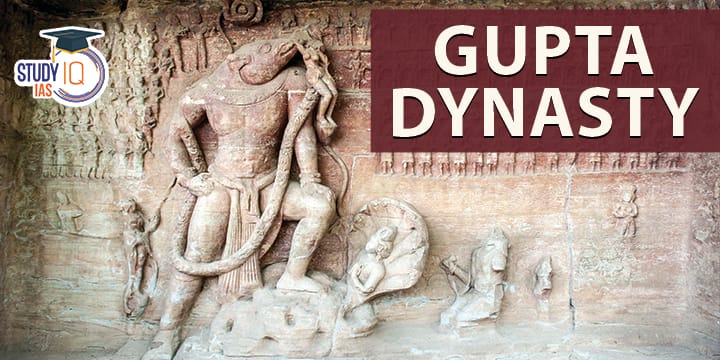
Chandragupta I, the ruler of the Gupta Empire from 320 to 335 CE, possessed many unknown facets of greatness that left an indelible mark on Indian history. One of his remarkable accomplishments was the establishment of matrimonial alliances with influential regional powers, which solidified his empire's authority and brought about an era of peace and stability. Through strategic marriages, Chandragupta I forged strong alliances with powerful families and kingdoms, ensuring a harmonious coexistence that contributed to the flourishing of trade, arts, and sciences during his reign. This diplomatic prowess and ability to foster alliances beyond military conquests showcased his astuteness as a ruler and his commitment to promoting prosperity and cultural exchange.
Furthermore, Chandragupta I's patronage of arts, literature, and intellectual pursuits was a significant yet often overlooked aspect of his greatness. Under his reign, the Gupta Empire witnessed a remarkable renaissance in literature, poetry, and scientific advancements. Chandragupta I actively supported scholars, poets, and artists, creating an environment conducive to creativity and intellectual growth. This patronage not only attracted learned minds from across the empire but also encouraged the exchange of ideas with neighboring regions, ultimately contributing to the development of India's cultural and intellectual heritage. Chandragupta I's unwavering support for the arts played a pivotal role in shaping the Golden Age of the Gupta Empire and establishing its legacy as a center of knowledge and creativity.
8) Casimir III the Great - Kingdom of Poland:
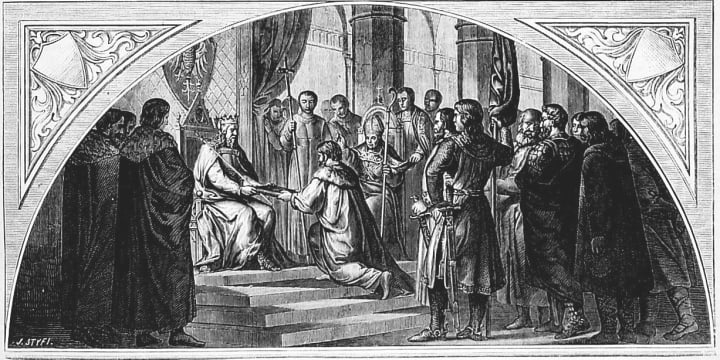
Casimir III the Great, also known as Casimir the Great, was a remarkable ruler whose contributions to the Kingdom of Poland are often overlooked by mainstream historical accounts. During his reign from 1333 to 1370, Casimir implemented a series of visionary reforms that laid the foundation for Poland's prosperity and stability. He recognized the importance of a strong centralized government and worked diligently to strengthen the monarchy's authority. Through strategic alliances and military campaigns, Casimir expanded the kingdom's territories, securing its borders and enhancing its geopolitical influence. Moreover, he fostered a culture of religious tolerance, welcoming Jewish settlers to Poland and granting them significant privileges that attracted a vibrant Jewish community to the country. This policy not only bolstered the economy through trade and finance but also enriched the cultural fabric of the kingdom.
Furthermore, Casimir was a fervent patron of the arts, sciences, and education, encouraging scholars and artists to flourish in his court. He founded the University of Kraków, now known as Jagiellonian University, one of the oldest universities in Europe. Casimir's dedication to knowledge and learning left a lasting legacy on the intellectual development of Poland, contributing to its growth as a cultural and academic center. Under his wise rule, Poland experienced a period of relative stability and prosperity, earning him the title "the Great" and solidifying his place as one of the most underrated monarchs in European history.
7) Tamar the Great - Kingdom of Georgia:
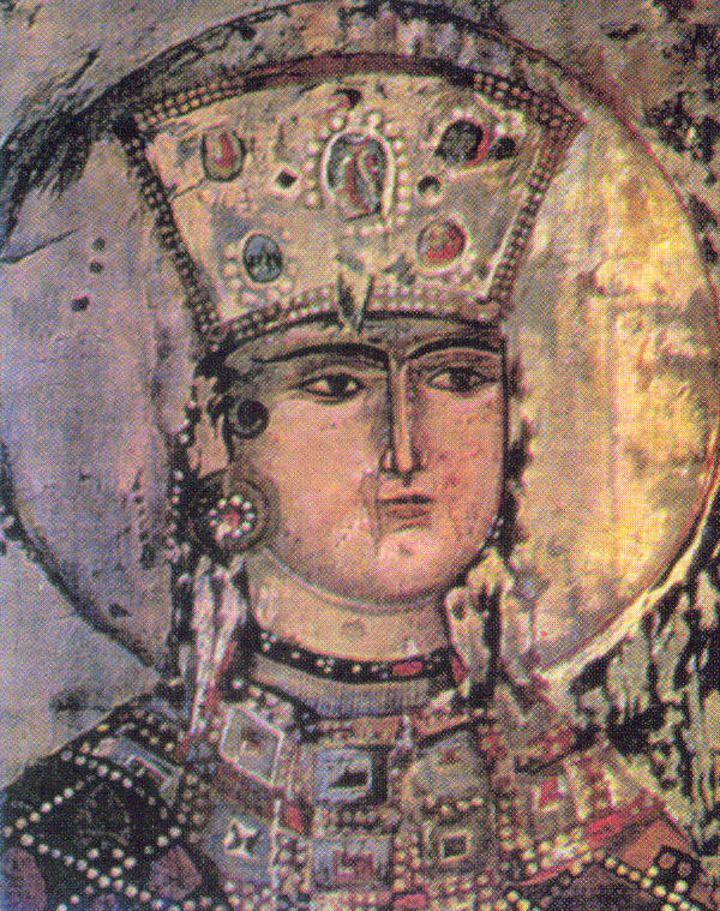
Tamar the Great, also known as Queen Tamar, ruled the Kingdom of Georgia from 1184 to 1213 and left an indelible mark on Georgian history. While her reign is often acknowledged for its military successes and territorial expansions, Tamar's greatness extended far beyond her strategic prowess. She was a visionary leader who fostered a cultural and intellectual renaissance, promoting a golden age for Georgian literature, architecture, and the arts.
Tamar's unwavering commitment to justice and the well-being of her subjects earned her immense respect and admiration. She implemented progressive legal reforms that protected the rights of women, orphans, and the impoverished, cementing her reputation as a compassionate and fair ruler. Tamar's patronage of education and religious tolerance helped to create an environment of intellectual flourishing, attracting scholars and theologians from across the region. Under her reign, Georgia became a beacon of enlightenment and cultural exchange, with Tamar herself standing as a shining example of female leadership and influence in medieval times.
6) Harsha - Harsha Empire (India):

Harsha, the ruler of the Harsha Empire from 606 to 647 CE, possessed numerous qualities and achievements that have remained relatively unknown or underrated in historical accounts. One of his remarkable attributes was his commitment to social welfare and the well-being of his subjects. Harsha established hospitals and charitable institutions throughout his empire, providing medical care and support to the poor and needy. He believed in the importance of education and patronized universities, monasteries, and centers of learning, fostering intellectual and cultural growth within his realm.
Additionally, Harsha's administrative skills and diplomatic acumen were remarkable. He implemented efficient governance systems, ensuring fair and just rule throughout his empire. Harsha was known for his diplomatic skills and maintained friendly relations with neighboring kingdoms, actively engaging in diplomacy to promote peace and stability in the region. His diplomatic prowess was recognized and respected by both regional and international powers of his time.
In summary, Harsha's commitment to social welfare, patronage of education and learning, as well as his administrative and diplomatic abilities, demonstrate his unknown greatness as a ruler of the Harsha Empire.
5) Louis IX - Kingdom of France:
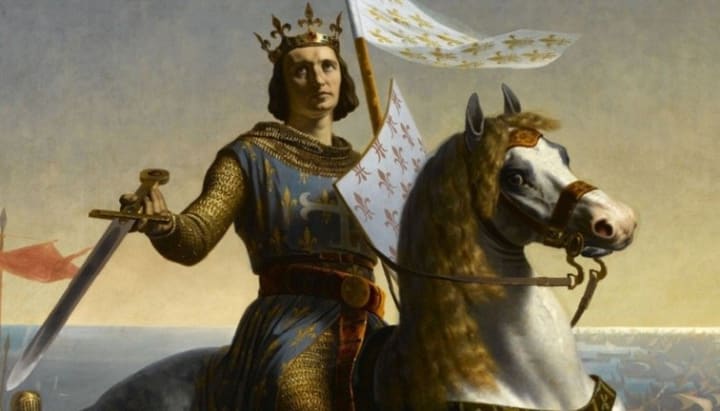
Gwanggaeto the Great, the ruler of Goguryeo Kingdom in ancient Korea from 391 to 413 CE, possesses a legacy of unknown greatness that continues to captivate historians and scholars. Under his visionary leadership, Goguryeo experienced a remarkable period of expansion and prosperity. Gwanggaeto's military prowess was unmatched, as he led his armies to numerous victories against rival kingdoms and even repelled invasions from powerful neighboring empires. His strategic brilliance and unwavering determination were instrumental in transforming Goguryeo into a dominant force in East Asia.
Moreover, Gwanggaeto's influence extended far beyond military conquests. He was a patron of the arts and culture, fostering an environment of intellectual growth and creativity within his kingdom. Goguryeo witnessed an unprecedented flourishing of literature, architecture, and fine arts during his reign. Gwanggaeto's support for education and scholarship further elevated the stature of Goguryeo as a center of learning, attracting renowned scholars and thinkers from across the region. Though his achievements may have been overshadowed in global narratives, Gwanggaeto the Great's indelible mark on Korean history is a testament to his unknown greatness.
4) Alaric I - Visigothic Kingdom:
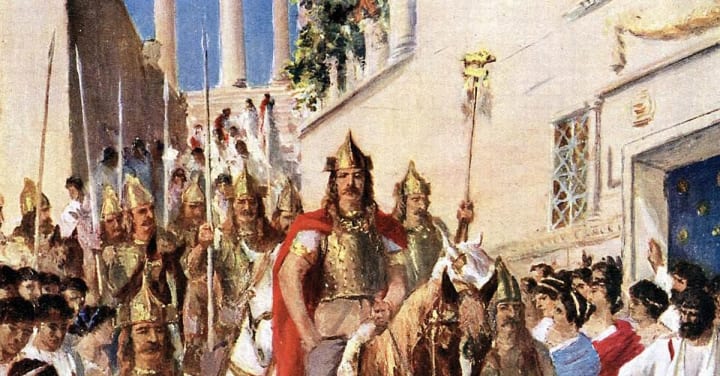
Alaric I, the King of the Visigoths from 395 to 410 CE, is often overshadowed by the more well-known figures of ancient history. However, his impact on the decline of the Western Roman Empire cannot be underestimated. Alaric's sack of Rome in 410 was a momentous event that shook the foundations of the empire and marked a turning point in European history. This bold and audacious act not only exposed the vulnerability of Rome but also fueled a series of events that eventually led to the collapse of the Western Roman Empire.
Furthermore, Alaric's leadership and military prowess allowed the Visigoths to establish a formidable presence in the tumultuous political landscape of the time. He skillfully navigated through complex alliances and power struggles, consolidating his influence and expanding the Visigothic Kingdom's territory. Alaric's military campaigns demonstrated his ability to command the loyalty and respect of his warriors, making the Visigoths a force to be reckoned with. Though his reign may be overshadowed by other renowned kings, Alaric's legacy lies in his significant contributions to the decline of the Western Roman Empire and his establishment of the Visigothic Kingdom as a major power in Europe.
3) Gwanggaeto the Great - Goguryeo Kingdom (Korea):
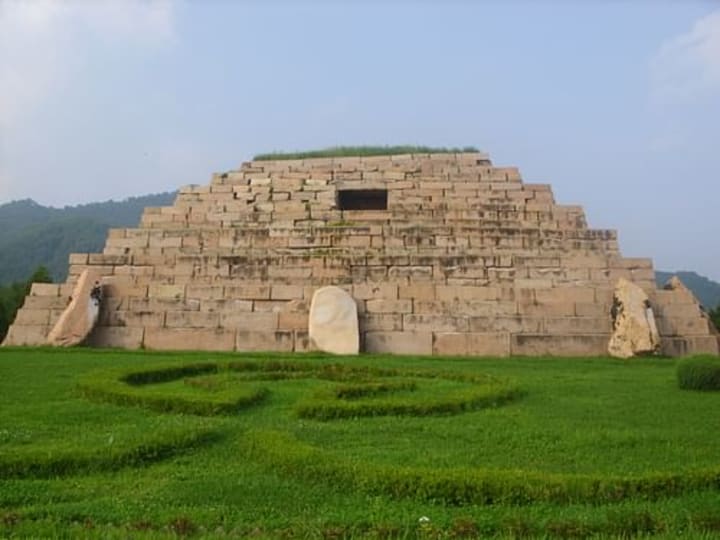
Gwanggaeto the Great, the ruler of Goguryeo Kingdom in ancient Korea from 391 to 413 CE, possesses a legacy of unknown greatness that continues to captivate historians and scholars. Under his visionary leadership, Goguryeo experienced a remarkable period of expansion and prosperity. Gwanggaeto's military prowess was unmatched, as he led his armies to numerous victories against rival kingdoms and even repelled invasions from powerful neighboring empires. His strategic brilliance and unwavering determination were instrumental in transforming Goguryeo into a dominant force in East Asia.
Moreover, Gwanggaeto's influence extended far beyond military conquests. He was a patron of the arts and culture, fostering an environment of intellectual growth and creativity within his kingdom. Goguryeo witnessed an unprecedented flourishing of literature, architecture, and fine arts during his reign. Gwanggaeto's support for education and scholarship further elevated the stature of Goguryeo as a center of learning, attracting renowned scholars and thinkers from across the region. Though his achievements may have been overshadowed in global narratives, Gwanggaeto the Great's indelible mark on Korean history is a testament to his unknown greatness.
2) Matthias Corvinus - Kingdom of Hungary:
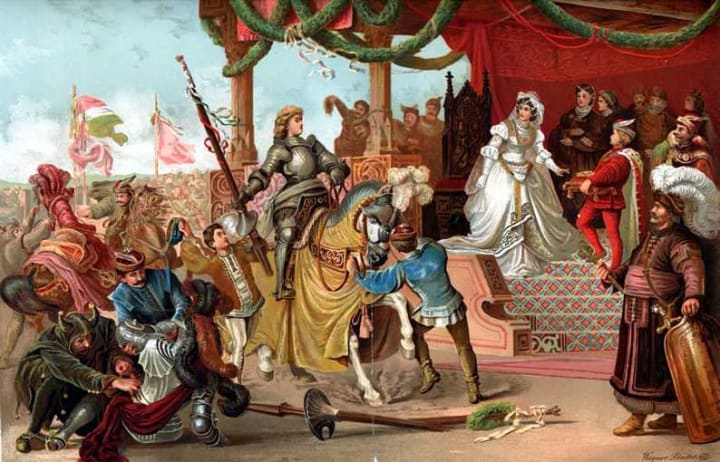
Matthias Corvinus, the King of Hungary from 1458 to 1490, possessed several lesser-known qualities that contributed to his greatness. Firstly, he had a keen interest in promoting cultural and intellectual advancements in his kingdom. Matthias established one of the largest libraries in Europe at the time, known as the Bibliotheca Corviniana, which housed over 2,000 volumes of ancient and contemporary works. This impressive collection not only showcased his commitment to learning but also fostered a thriving intellectual atmosphere in Hungary.
Secondly, Matthias Corvinus was a visionary military leader who modernized the Hungarian army. He implemented significant reforms, such as creating a standing army and introducing new tactics and technologies. He organized his troops into a professional fighting force that was well-equipped and highly disciplined. These military advancements allowed Matthias to successfully defend Hungary against external threats and expand its territories through victorious campaigns. His military achievements often went unnoticed, overshadowed by the more famous military leaders of the time, but they played a crucial role in solidifying Hungary's position as a major European power.
1) Ashoka the Great - Maurya Empire (India):
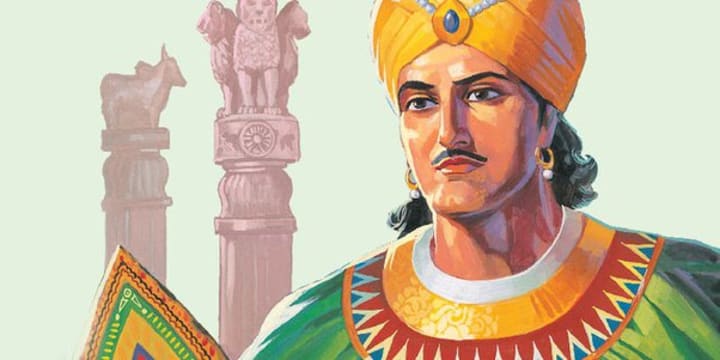
Ashoka the Great, the renowned ruler of the Maurya Empire, is widely acknowledged for his significant contributions to Indian history. However, there are lesser-known aspects of his greatness that further enhance his legacy. One remarkable facet is Ashoka's focus on promoting education and knowledge. Under his rule, numerous universities and centers of learning were established throughout the empire, providing access to education for people from various backgrounds. This emphasis on education played a crucial role in fostering intellectual growth and cultural development, leaving a lasting impact on the civilization.
Another lesser-known aspect of Ashoka's greatness lies in his innovative governance and administrative reforms. Ashoka implemented a sophisticated bureaucratic system that facilitated efficient governance and enhanced the welfare of his subjects. He divided the empire into administrative units with appointed officials responsible for overseeing various aspects of administration, such as law enforcement, infrastructure development, and taxation. This administrative framework not only ensured the smooth functioning of the empire but also improved the lives of its citizens, ensuring justice, security, and equitable distribution of resources.
These lesser-known dimensions of Ashoka's greatness, encompassing his dedication to education and his transformative administrative reforms, highlight his profound impact on the development and prosperity of the Maurya Empire and Indian civilization as a whole.
About the Creator
Enjoyed the story? Support the Creator.
Subscribe for free to receive all their stories in your feed. You could also pledge your support or give them a one-off tip, letting them know you appreciate their work.





Comments
There are no comments for this story
Be the first to respond and start the conversation.